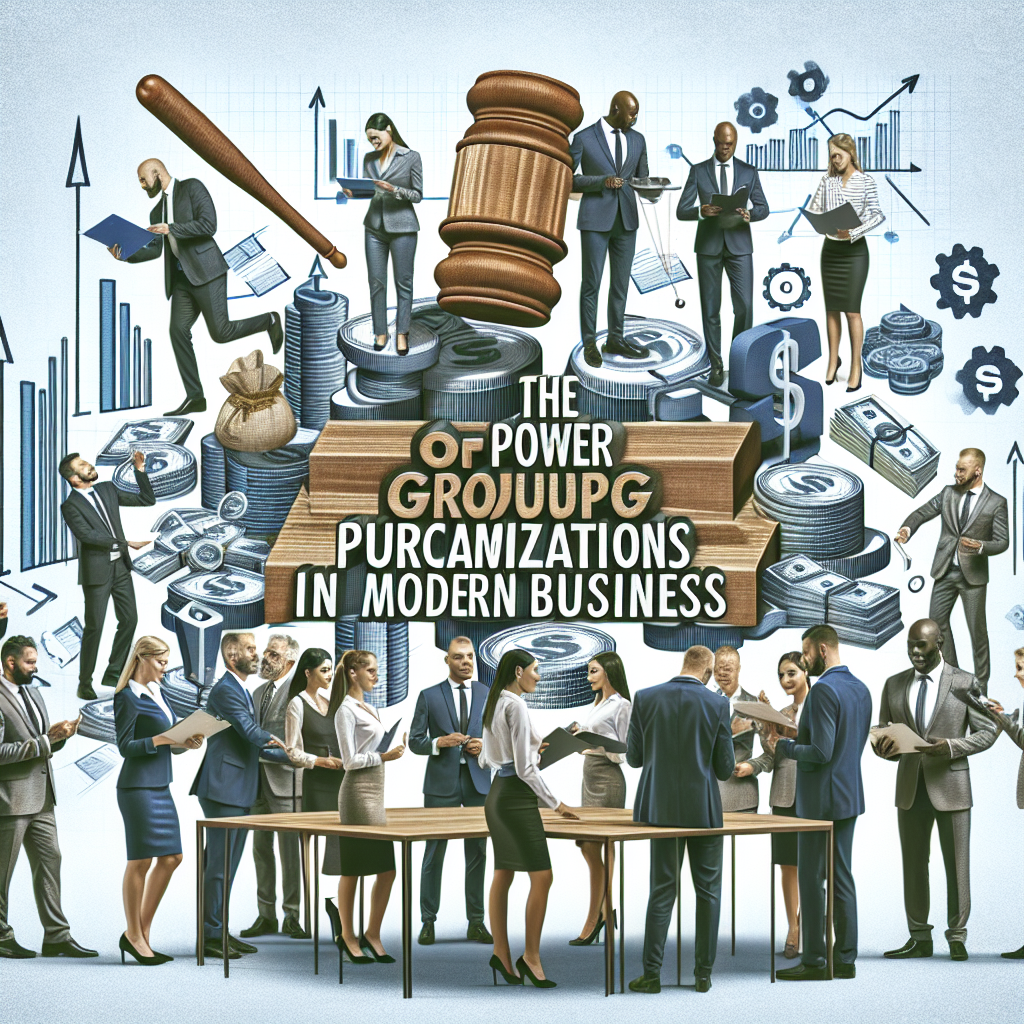Procurement outsourcing has come a long way since its inception. In the past, companies used to handle all their procurement needs in-house, but as the business landscape has evolved, so has the approach to procurement. Outsourcing procurement has become a popular option for businesses looking to streamline their operations and reduce costs. The evolution of procurement outsourcing has been driven by a number of factors, including advancements in technology, the rise of globalization, and the increasing complexity of supply chains. As a result, procurement outsourcing has become an integral part of many businesses’ operations, allowing them to focus on their core competencies while leaving the procurement process to experts.
Over the years, procurement outsourcing has evolved from simply offloading non-core activities to third-party providers to becoming a strategic business function that can drive significant value for organizations. As technology continues to advance, the role of procurement outsourcing is likely to become even more important in the future. In this article, we will explore the impact of technology on procurement outsourcing and how it is shaping the future of this critical business function.
The Impact of Technology on Procurement Outsourcing
Technology has had a profound impact on procurement outsourcing, revolutionizing the way businesses manage their supply chains and source goods and services. The advent of e-procurement systems, for example, has made it easier for businesses to streamline their procurement processes and improve efficiency. These systems allow organizations to automate many of the manual tasks associated with procurement, such as sourcing, ordering, and invoicing, freeing up valuable time and resources for other strategic activities.
In addition to e-procurement systems, advancements in data analytics and artificial intelligence have also had a significant impact on procurement outsourcing. These technologies have made it possible for businesses to gain deeper insights into their supply chains and make more informed decisions about sourcing and supplier management. For example, predictive analytics can help businesses anticipate demand and identify potential risks in their supply chains, allowing them to proactively address issues before they become major problems. Overall, technology has transformed procurement outsourcing from a transactional function to a strategic business process that can drive significant value for organizations.
Automation and Artificial Intelligence in Procurement
Automation and artificial intelligence (AI) have become increasingly prevalent in the field of procurement outsourcing, revolutionizing the way businesses manage their supply chains and source goods and services. Automation has made it possible for businesses to streamline their procurement processes and improve efficiency by automating many of the manual tasks associated with procurement, such as sourcing, ordering, and invoicing. This has freed up valuable time and resources for other strategic activities, allowing businesses to focus on driving value rather than getting bogged down in administrative tasks.
Artificial intelligence has also had a significant impact on procurement outsourcing, allowing businesses to gain deeper insights into their supply chains and make more informed decisions about sourcing and supplier management. AI can analyze vast amounts of data to identify patterns and trends that humans might miss, allowing businesses to make more strategic decisions about their procurement processes. For example, AI can help businesses identify potential risks in their supply chains and proactively address issues before they become major problems. Overall, automation and AI have transformed procurement outsourcing from a transactional function to a strategic business process that can drive significant value for organizations.
The Rise of Blockchain in Procurement Outsourcing
Blockchain technology has emerged as a game-changer in the field of procurement outsourcing, offering a secure and transparent way for businesses to manage their supply chains and source goods and services. Blockchain is a decentralized digital ledger that records transactions across multiple computers in such a way that the recorded transactions cannot be altered retroactively. This makes it an ideal technology for managing complex supply chains, as it provides a secure and transparent way for businesses to track the movement of goods and ensure that they are sourced ethically and sustainably.
One of the key benefits of blockchain in procurement outsourcing is its ability to provide an immutable record of transactions, making it easier for businesses to track the provenance of goods and ensure that they are sourced from reputable suppliers. This can be particularly important for businesses operating in industries with strict regulatory requirements or those that are looking to demonstrate their commitment to sustainability and ethical sourcing. Overall, blockchain technology has the potential to revolutionize procurement outsourcing by providing a secure and transparent way for businesses to manage their supply chains and source goods and services.
How Big Data is Revolutionizing Procurement Outsourcing
Big data has become increasingly prevalent in the field of procurement outsourcing, offering businesses the ability to gain deeper insights into their supply chains and make more informed decisions about sourcing and supplier management. Big data refers to the vast amounts of structured and unstructured data that businesses generate on a daily basis, including information about sales, customer behavior, and operational performance. By analyzing this data, businesses can identify patterns and trends that can help them make more strategic decisions about their procurement processes.
One of the key benefits of big data in procurement outsourcing is its ability to provide businesses with a more comprehensive view of their supply chains. By analyzing data from multiple sources, businesses can gain deeper insights into supplier performance, demand patterns, and potential risks in their supply chains. This can help businesses make more informed decisions about sourcing and supplier management, ultimately driving value for their organizations. Overall, big data has the potential to revolutionize procurement outsourcing by providing businesses with the insights they need to make more strategic decisions about their supply chains.
The Role of Predictive Analytics in Procurement
Predictive analytics has emerged as a powerful tool in the field of procurement outsourcing, allowing businesses to anticipate demand and identify potential risks in their supply chains. Predictive analytics uses historical data and statistical algorithms to forecast future events, such as demand patterns or potential disruptions in the supply chain. By analyzing this data, businesses can make more informed decisions about sourcing and supplier management, ultimately driving value for their organizations.
One of the key benefits of predictive analytics in procurement outsourcing is its ability to help businesses anticipate demand and plan their sourcing activities accordingly. By analyzing historical sales data and market trends, businesses can forecast future demand patterns and ensure that they have the right amount of inventory on hand to meet customer needs. Predictive analytics can also help businesses identify potential risks in their supply chains, such as supplier disruptions or quality issues, allowing them to proactively address these issues before they become major problems. Overall, predictive analytics has the potential to revolutionize procurement outsourcing by providing businesses with the insights they need to make more strategic decisions about their supply chains.
The Future of Procurement Outsourcing in the Age of Technology
As technology continues to advance, the role of procurement outsourcing is likely to become even more important in the future. Automation, artificial intelligence, blockchain, big data, and predictive analytics have all revolutionized the way businesses manage their supply chains and source goods and services. These technologies have transformed procurement outsourcing from a transactional function to a strategic business process that can drive significant value for organizations.
In the future, we can expect to see even more advancements in technology that will further revolutionize procurement outsourcing. For example, the Internet of Things (IoT) has the potential to provide businesses with real-time insights into their supply chains by connecting physical devices to the internet. This could allow businesses to track the movement of goods in real-time and identify potential issues before they become major problems. Overall, the future of procurement outsourcing looks bright in the age of technology, with new advancements likely to continue driving value for organizations in the years to come.





